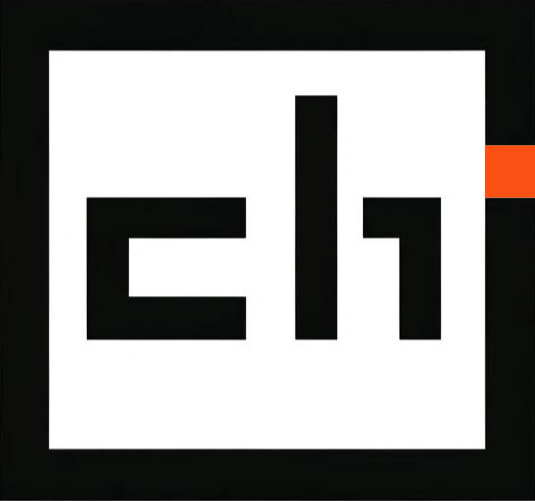Remember UK Prime Minister David Cameron’s China Lite web blockade, the one that was set up to keep British children from stumbling across Internet Pornography and other assorted subjectively objectionable material? While being ostensibly “for the children,” the default settings are blocking a whole lot of non-porn. “Nearly one in five of the most visited sites on the internet are being blocked by the adult content filters installed on Britain’s broadband and mobile networks. A Porsche car dealership, two feminist websites, a blog on the Syrian War and theGuido Fawkes political site are among the domains that have fallen foul of the recently installed filters. The Open Rights Group, which campaigns for digital rights, surveyed the 100,000 most popular sites as ranked by digital marketing research firm Alexa, and found that 19,000 of them were blocked by at least one fixed line or mobile internet service provider.”
One in five websites are getting caught up by web filters designed to protect young people from adult content, according to a study by Open Rights Group. Sites that have been caught up by web filters include a Porsche broker, political blog Guido Fawkes and a post-pregnancy care site. Open Rights Group’s Blocked project, which aims to document the impact of filters, has tested more than 100,000 sites (including the top 100,000 sites according to Alexa) and found that more than 19,000 are blocked by at least one internet service provider. You can check if your website is affected onBlocked.co.uk. All you need to do is submit a link, and Blocked will try to visit your website via each of the main mobile and home broadband providers to see whether it gets blocked by the default level of filtering. These filters tend to relate to pornography, self-harm, drugs, alcohol and tobacco, dating, nudity, weapons and violence, gambling and sometimes social networking. Blocked looks at BT, Plusnet, Sky Broadband, TalkTalk and Virgin Media — all of which are being pressurised to install default-on adult-content filters for new customers. These represent 90 percent of home broadband accounts. On the mobile side, it looks at Three, EE, O2 and Vodafone and assumes that mobile virtual network operators (MVNOs) such as GiffGaff, Virgin Mobile and Tesco Mobile inherit the parent service’s filtering infrastructure. The entire list — of user-submitted links and the top Alexa sites — is rechecked every 20 days, but the team believes that this could be sped up to once every two days.
